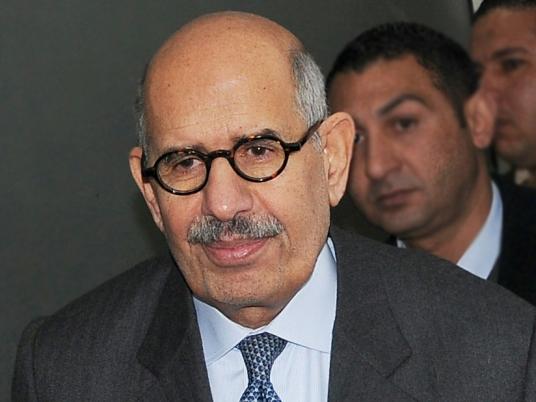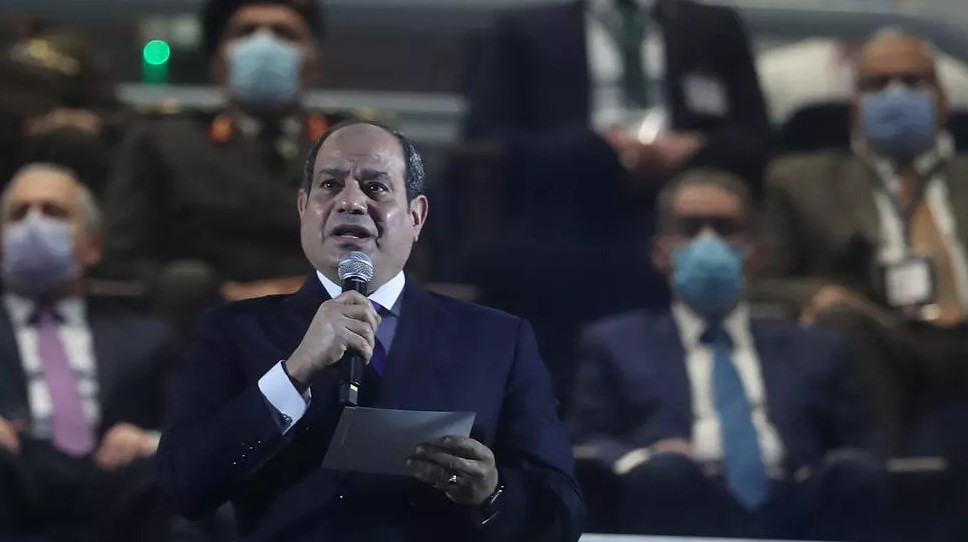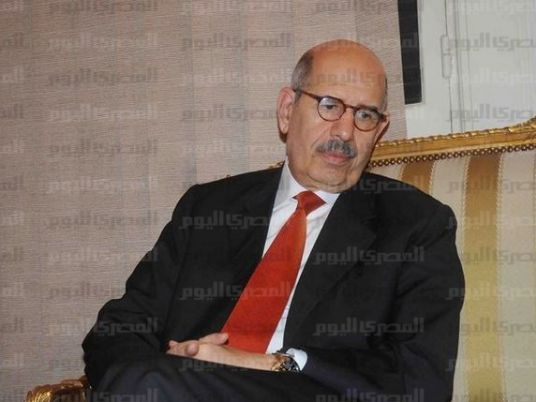The Supreme Council of the Egyptian Armed Forces (SCAF) on Tuesday met with reform campaigner Mohamed ElBaradei and a delegation of Egyptian intellectuals, politicians and businessmen.
Experts believe the meeting may reflect the SCAF’s desire to take advantage of the opposition’s stance on how the country should be run during the current six-month transitional period.
A well-informed source said that Armed Forces Commander-in-Chief and SCAF Chairman Hussein Tantawi and Armed Forces Chief-of-Staff Sami Annan had on Tuesday evening met with ElBaradei and Arab League Secretary-General–and possible presidential contender–Amr Moussa.
The delegation also included constitutional expert Ahmed Kamal Abul-Magd; former prime minister Kamal al-Ganzouri; Court of Cassation head Serri Siam; State Council deputy head Kamal al-Lamie; Minister of Justice and Supreme Constitutional Court head Farouk Sultan; journalist Salama Ahmed Salama; and prominent businessman Naguib Sawiris.
At the meeting, the men reportedly discussed Egypt's current political situation, as well as possible means of developing the national economy in the coming period. They also discussed a proposed timetable for holding both parliamentary and presidential elections.
A well-informed source said the meeting might have reflected a desire on the part of the armed forces to re-set the timetable for elections, so that presidential elections might precede parliamentary polls. The army has repeatedly declared its intention to hand over power to an elected civilian authority following credible elections.
The same source added that Tantawi had asked delegation members about their vision for the upcoming electoral period and whether or not they thought that presidential races should precede parliamentary elections. The source noted that ElBaradei had suggested that the transitional period be extended to one year, during which national affairs would be governed by a presidential council made up of three public figures, one of whom would be drawn from the SCAF.
A number of legal experts and politicians, meanwhile, have recommended that presidential elections be held in advance of parliamentary polls so that no single power might seize parliament in order to mobilize support for a particular presidential candidate. A failure to proceed in such a manner, they warned, would risk returning Egypt to its pre-uprising state in which the political arena was monopolized by a single group.
Speaking to Al-Masry Al-Youm, various figures called for parliamentary polls to be postponed until newly-formed political parties were strong enough to build up popular bases, which would in turn bestow legitimacy on their respective activities.



